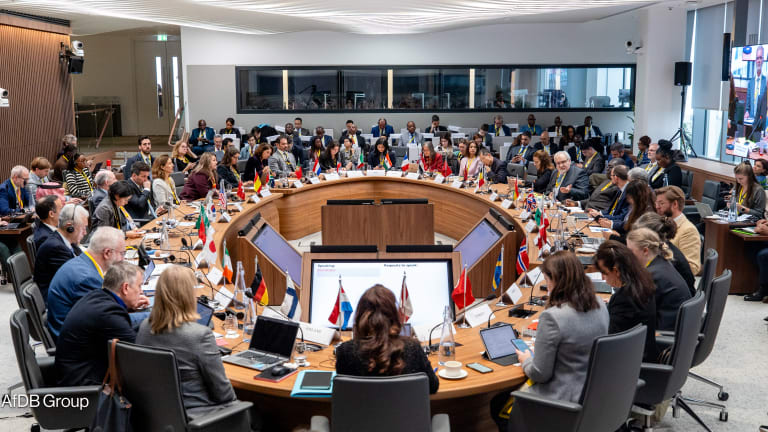Opinion: A new approach to development funding is uncomfortable but needed
Climate change and poverty reduction efforts face a critical juncture as traditional development funding models prove inadequate. Today, as we all feel the need to accelerate climate action, it’s time to learn from the past few years and address the systemic issues with these models and move toward innovative approaches like learning-based funding that aim to redefine relationships between funders and communities.
In December 2023, the inaugural Shift the Power global summit convened in Bogotá, Colombia, with 700 delegates from 76 countries. This three-day event was more than just another gathering — it marked a pivotal moment in the effort to redefine development funding and address these systemic problems.
Before that, seven years ago, at the Global Summit on Community Philanthropy in Johannesburg, South Africa, the hashtag #ShiftThePower emerged as a rallying cry for change. Adeso, a grassroots aid organization operating in the global south, was present then and reflected on this evolution ahead of the Bogotá event. In a blog post, Degan Ali of Adeso critiqued the “unhealthy power dynamic” between aid organizations and funders, arguing that a shift toward “philanthropic capital” has allowed Adeso for more creative, locally led solutions.
Search for articles
Most Read
- 1
- 2
- 3
- 4
- 5








